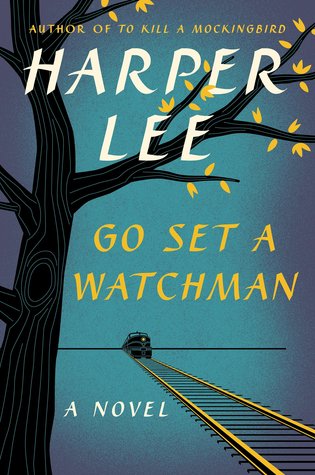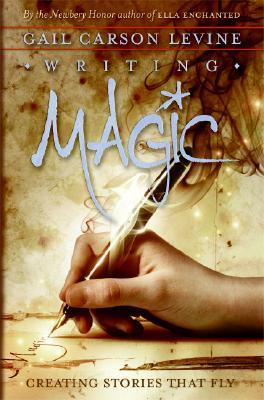(Cross-posted from my personal page and from my Goodreads page. Please feel free to friend/follow me there. I love books and love to talk about them!)
I LOVED THIS BOOK. I shall shout about it to anyone who cares to hear me. I listened to it in audiobook, over the course of about 4 days, which is very fast for a 10+ hour audio. (pro tip: listen while you cook dinner, fold laundry, or other mundane household stuff. I also listen on short, long, and medium length drives, and while I walk the dogs. My dogs are very well exercised at the moment.)
What I liked: this book has so much technical depth and detail. While that can be a bit burdensome at times (particularly in audio) I had a lot of appreciation for the manner it was told in, as the technical stuff was all very accurate and very tangible in terms of what the protagonist was doing with the information. No info dumps, just the protagonist dealing with Mars atmosphere and the equipment he had to survive. I mention this first because it’s something that is probably a barrier to some who aren’t traditional science fiction fans. Please, realize that the author isn’t expecting you to solve differential equations nor talking you through the boring bits. He’s focused on the life and death details of space travel. Pressure, chemical reactions, ways to change states, microbes, terrain, distance. These are fascinating when set in the context of an extra-terra exploration. THIS is why I read science fiction. THIS is why I write science fiction.
I also liked the author’s use of humor. There are many laugh out loud moments. To that end, though, a bunch of the humor is due to the very appropriate use of swear words. For example, when Mark has to compute a distance by figuring the length of the long side of a right triangle, and he concludes (since he has to travel the hypotenuse) “Because Pythagoras is a dick.” — I laughed loudly in the middle of chopping something and almost lobbed off a finger. As I try to mention in all my reviews, the curse words are the ONLY mature content (other than a mild reference about a man and woman sharing a room) and to me are an excellent introduction to appropriate emphatic cursing to make your point or convey your aggravation. Definitely fine for 14 and up, but would be appropriate for younger readers so long as you don’t mind the opening of the book which implements the f word several times. To good effect. Conveys mood, attitude, situational details all in a four letter word. Quite economical.
I have always enjoyed science fiction, and this book just blew my socks off because it blended that geeky science-y stuff (which I really don’t have a firm handle on anymore, lo these 20+ years since anyone asked me to care about any of it in detail) and human nature, and the little details of what it would be like in space. I write books about kids in space and like to include the details of what they would eat, whether there would be pets (I’ve come to the conclusion that OF COURSE there will be cats in space. Because cats.) what you do with your hair in zero gee, what you wear, etc. I loved the little details of Mark dealing with his daily routine. The communications with NASA were fascinating. The story kept me engaged the entire length of the book. The audio narrator talent is excellent and I will seek out other books he has narrated. Highest recommendation. Best book I’ve read this year.






















